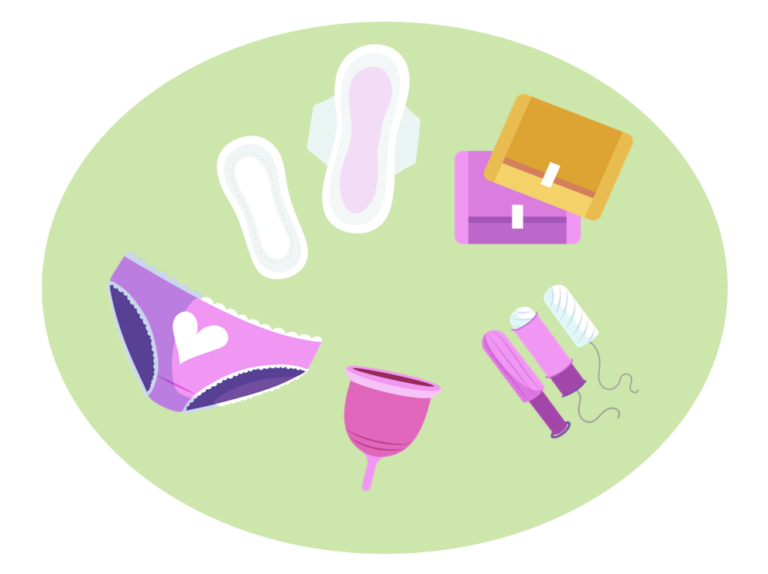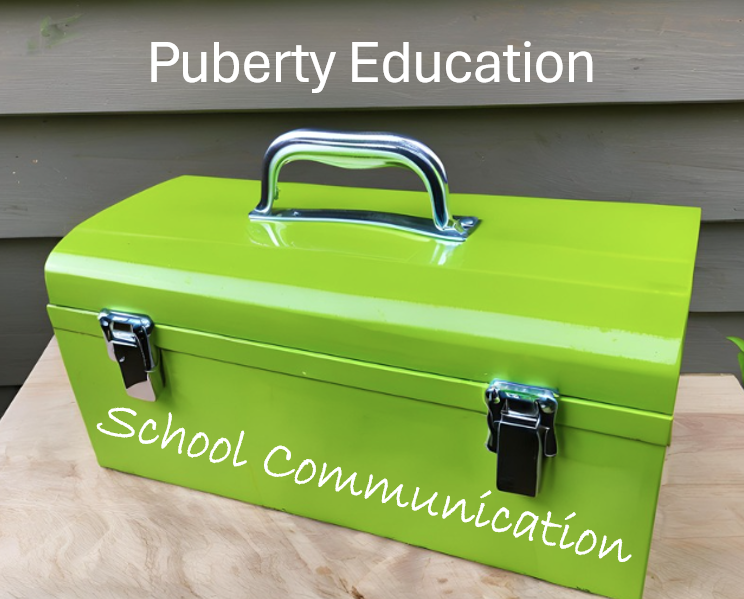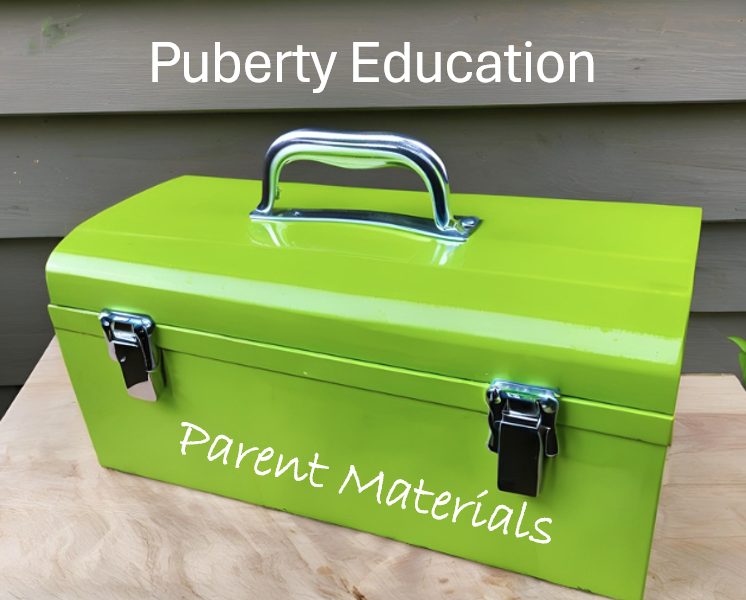When teachers and parents form a partnership, children are more likely to form positive attitudes and behaviors regarding puberty and sexuality.
In fact, more adolescents say they would like to learn about sexuality from their parents than from any other source. Yet, the educator can do much to engage and equip parents to take on the challenge of talking with their children about sex. Let’s face it: many parents did not have positive models for talking about puberty and sex when they were children. Now that it’s their turn, they might be at a loss for ways to initiate discussions and places to access accurate information that can be shared with their children. Many parents think their children are not ready to learn about puberty and sexuality; so, they may wait too long to begin discussions and miss the window of time when their children are most open to learning about their developing bodies, changing emotions, relationships with peers, and other important topics. Parents and other family members and trusted adults can instill family and spiritual values that impact sexual health and behavior; educators instill the more universally held values and develop skills in the classroom setting that support what children learn at home. Parents as partners with teachers increase the effectiveness of puberty education.
How to enlist parents as partners
Puberty: The Wonder Years is very committed to supporting teachers and parents in forging a partnership that benefits children and youth. The curriculum includes many activities that encourage parents to talk with their children about family values and guide their children toward behavior that is consistent with their beliefs and values. The family resources that go home to parents and other trusted adults are provided in Spanish and English in order to be useful for more family members. To engage parents and other family members and trusted adults, Puberty: The Wonder Years includes the following family engagement resources in English and Spanish:
- Family Letter: Schools send home a letter that explains the puberty education program and notifies parents of their rights. An outline of the topics that will be taught each year and a permission form, if one is to be used, will be attached. A sample letter has been provided for schools to modify, personalize, and print on school stationery. Keeping parents informed about the puberty lessons can help develop trust and support for the curriculum.
- Parent Presentation Slides: Schools are encouraged to invite parents and other family members to attend a meeting at the school to learn about Puberty: The Wonder Years. This provides parents an opportunity to preview the media, review the curriculum, ask questions, and meet the school staff who will implement the lessons. Parent presentation slides are provided.
- Parent Notification: Offer parents the opportunity to excuse their children from any lessons they find objectionable. Meet with parents to discuss the reasons they are considering having their children excused. Often, with an opportunity to see the curriculum and talk more about the topics that will be offered, parents will reconsider. By respecting each parent’s right to decide what is appropriate for his or her child, you are also maintaining the integrity of the curriculum that was selected by the school district as being most suitable for your community. A sample exclusion or “opt out” form has been provided.
- Family Partnership Fliers: These informational fliers describe the topics covered in the lessons, such as puberty, hygiene, and communication, to equip parents and other trusted adults for conversations with their children. They provide parents with information and helpful tips for maintaining a positive relationship with their children during puberty. The Family Partnership Fliers are also provided in Spanish.
- Student Activity Sheets: Some of the classroom activities utilize activity sheets. When the students take their activity sheets home, they may be helpful as discussion starters.
- Home Discussions: During the lessons, some issues or topics that are not approved for classroom discussions may arise. At times like these, the students are encouraged to ask their families for help in clarifying the topic.
More helpful links for engaging parents in sex education:
- KidsHealth: Talking to Your Child About Puberty
- Teaching Sexual Health: The Parent’s Role
- Advocates for Youth: Parent-Child Communication
- Parents Matter: The Role of Parents in Teens’ Decisions About Sex
- Books for Parents and Children
Would you like to take a self-paced, online class to help you prepare for talks with your child?
Updated 2024-7-21



